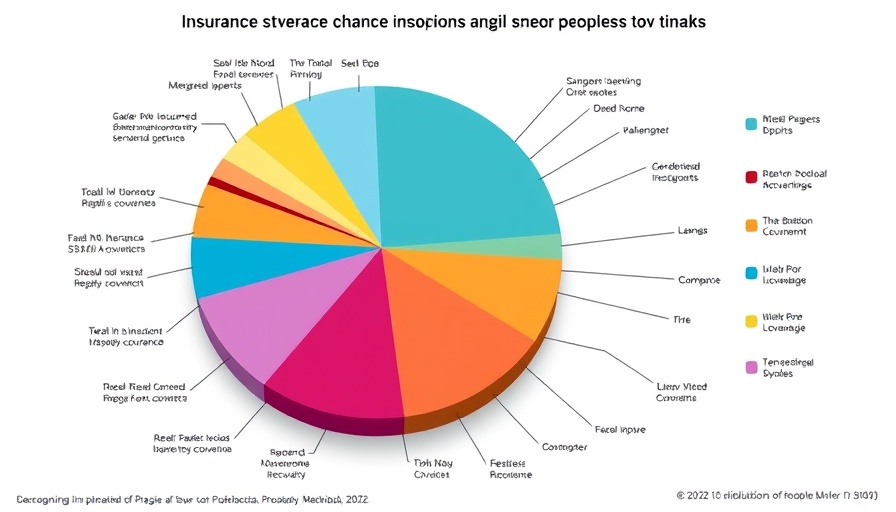
The Effects of SNAP Cuts on Food Security and Health
In recent discussions about budget reforms, one major topic of concern is the proposed cuts to the Supplemental Nutrition Assistance Program (SNAP). With nearly 53 million Americans facing food insecurity, these cuts could drastically affect their access to adequate nutrition, particularly for those reliant on Medicaid and Medicare. The House and Senate reconciliation bill, known as the One Big Beautiful Bill Act, aims to reduce SNAP funding by $287 billion over the next decade.
Why SNAP Matters
SNAP serves as a lifeline for those in need, especially the underserved populations. Studies have shown that individuals who receive SNAP benefits tend to have better health outcomes compared to those who qualify but do not participate. If enacted, the proposed cuts could lead to increased food insecurity, potentially exacerbating chronic health issues, increasing healthcare costs, and ultimately reducing quality of life.
Risk of Losing Health Coverage
The implications of these cuts extend beyond food access. According to reports, the reconciliation bill would also reduce federal funding for health programs by over $1 trillion, affecting millions of Americans enrolled in Medicaid. The loss of SNAP benefits coupled with health program cuts could create a situation where individuals—especially children—would be both hungry and without necessary healthcare coverage. It’s a stark reminder of how interconnected these systems are and the need for protective policies that safeguard our most vulnerable citizens.
Understanding the Vulnerable Population
Current estimates indicate that 78% of SNAP recipients are on Medicaid. Many of these individuals rely on both SNAP and Medicare benefits to survive. The overlap in eligibility requirements for these programs underscores the importance of ensuring they remain intact. With one in four Medicare beneficiaries living on incomes below $21,000 annually, the specter of deeper cuts looms large.
The stories behind the statistics are what truly highlight the stakes involved. Many families depend on these programs to maintain a semblance of food security and health services. Understanding the real-life impact of proposed legislation is crucial for citizens to engage actively in discussions about their future.
As discussions around food assistance and healthcare coverage continue to unfold, it’s vital for all Americans—insured or uninsured—to stay informed. Knowing how these changes could reshape essential services in your community empowers you to advocate for yourself and your neighbors.
Take Action: Your Voice Matters
Stay connected with local discussions around SNAP funding and healthcare. Share your thoughts with representatives, and encourage community forums to discuss these critical issues. Making your voice heard can help shape policies that protect the well-being of everyone in our neighborhoods.
 Add Row
Add Row  Add
Add 




Write A Comment